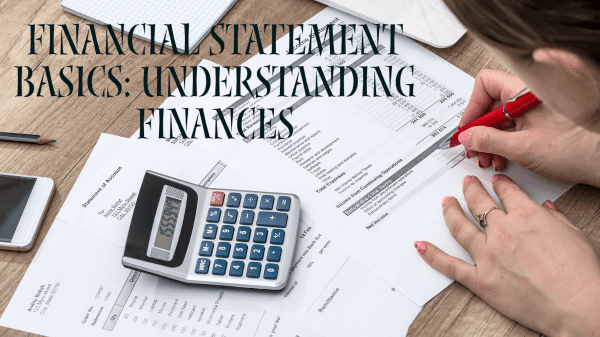This is a four-part online series on financial statement basics adapted from a Credit and Finance feature in the July-August 2022 issue of Produce Blueprints. To read the entire issue online, click here.
According to the U.S. Bureau of Labor Statistics, about 20 percent of small businesses fail in their first year, 33 percent by the second, 55 percent by the fifth, and roughly 65 percent by year 10.
Given 99 percent of businesses in the United States are classified as small (less than 500 employees) by the U.S. Small Business Administration, these numbers are daunting.
When it comes to why these businesses fail, Entrepreneur.com says 82 percent is due to financial mismanagement. So, managing money—such as keeping a close eye on cash flow and monitoring financial reports—is something every business owner should strive to do.
Many of the new produce and transportation businesses Blue Book lists have a limited number of personnel and often do not have a financial person on staff, such as a bookkeeper or controller.
In some instances, when we ask for financial statements for rating purposes, we generally get the following: first, a long pause; then, “What’s that?” or “You need my bank statements?”
Years back, I had a conversation with a prominent produce business owner who, in addition to running several other companies, was also an investor in a startup.
His role as a silent partner was to help capitalize and manage financial performance, while the operating partner would be the face of the company and handle all sales.
For context, the operating partner had stumbled in a previous business venture, so we asked the investor, “Why get involved?”
The answer: “The operating partner has a tremendous capacity to sell but is not yet proficient in how to run a business, which includes managing the finances.”
The investor was sure that, over time, the operating partner would pick up the necessary financial understanding of how to run the company, and balance the sales and financial sides of the business.
Research shows the success of a small business ultimately won’t depend on how well its products and/or services sell, but whether owners or leaders understand its finances, and this means reading and understanding financial statements.
The numbers tell owners and managers what to sell, to whom, and when. Sure, there is a balance, but not understanding a company’s financial position is a little like driving a car in the dark without headlights.
Our target audience for this series is anyone with a relatively new business or startup who may have limited or no financial expertise.



